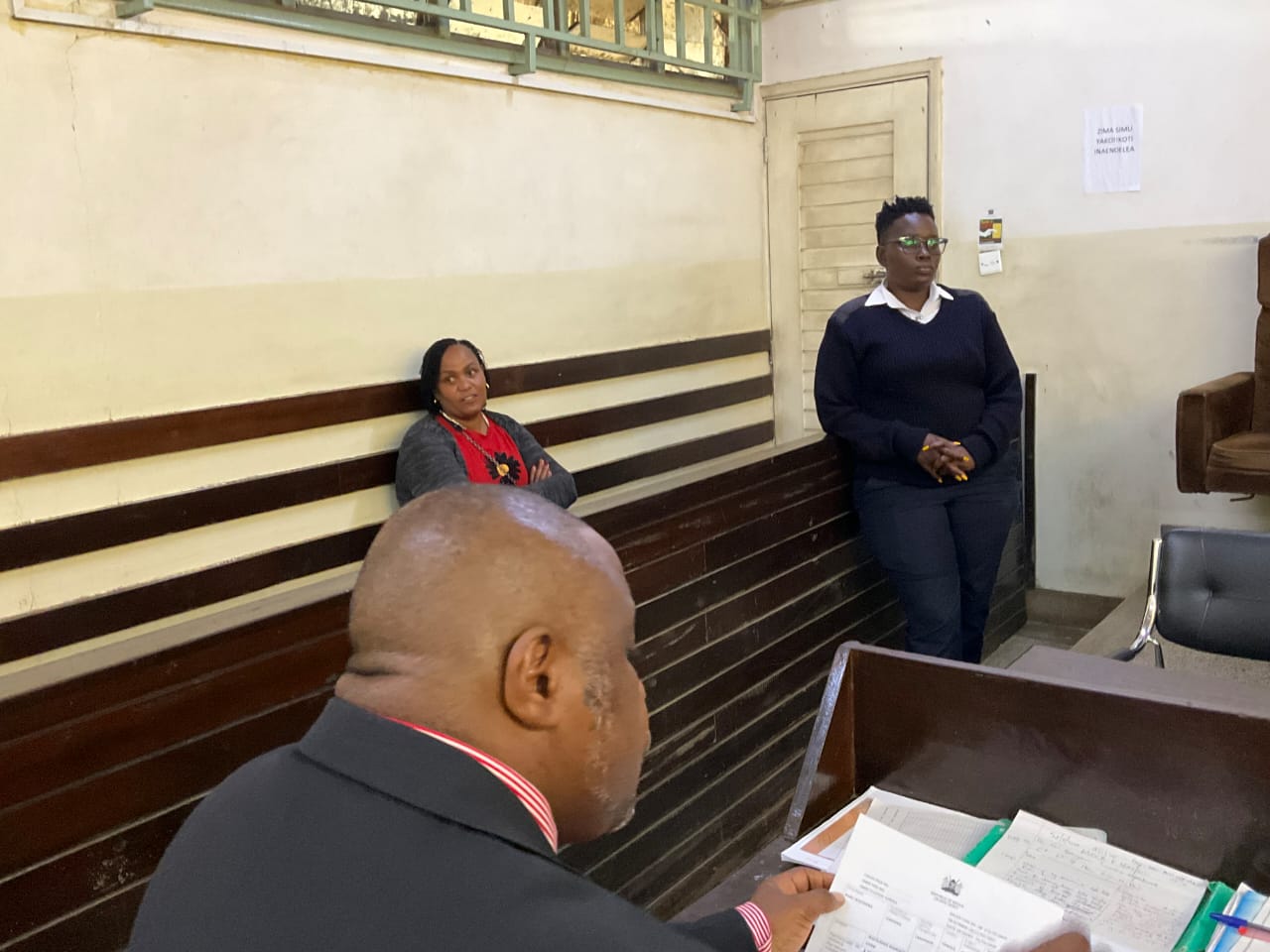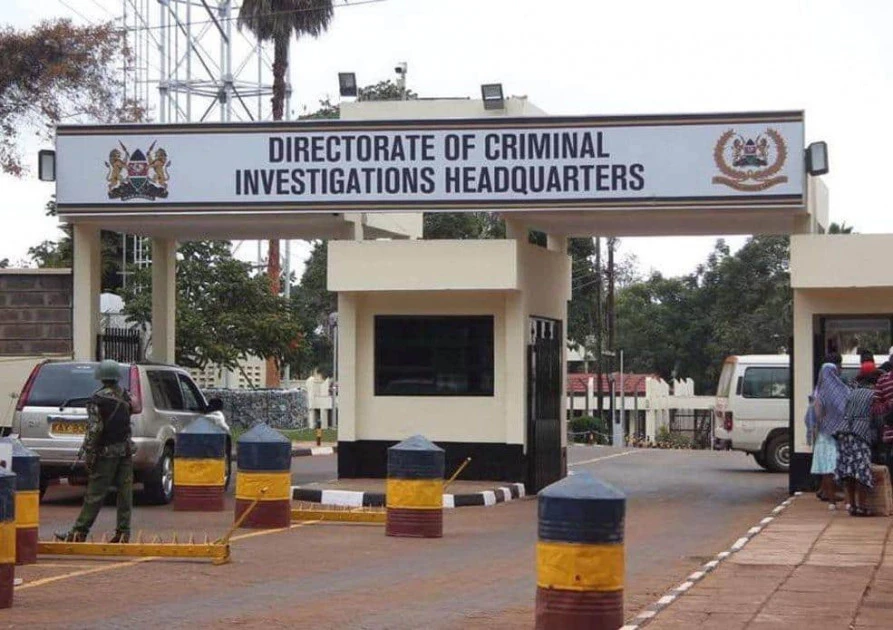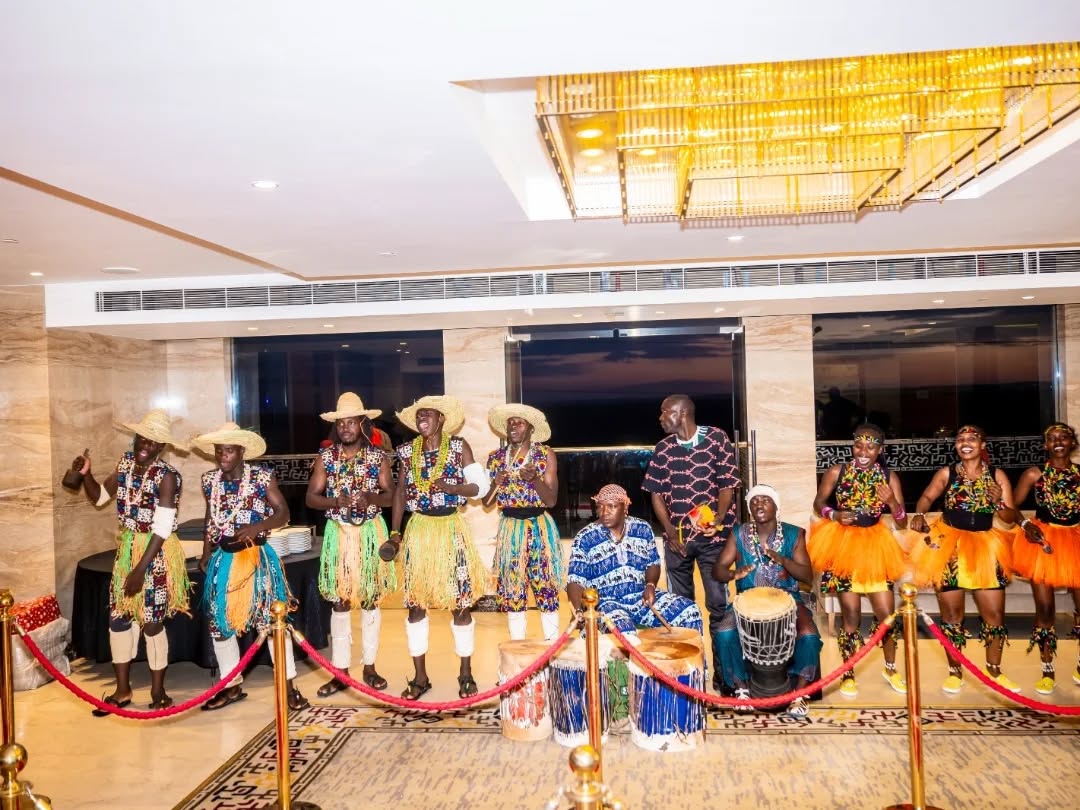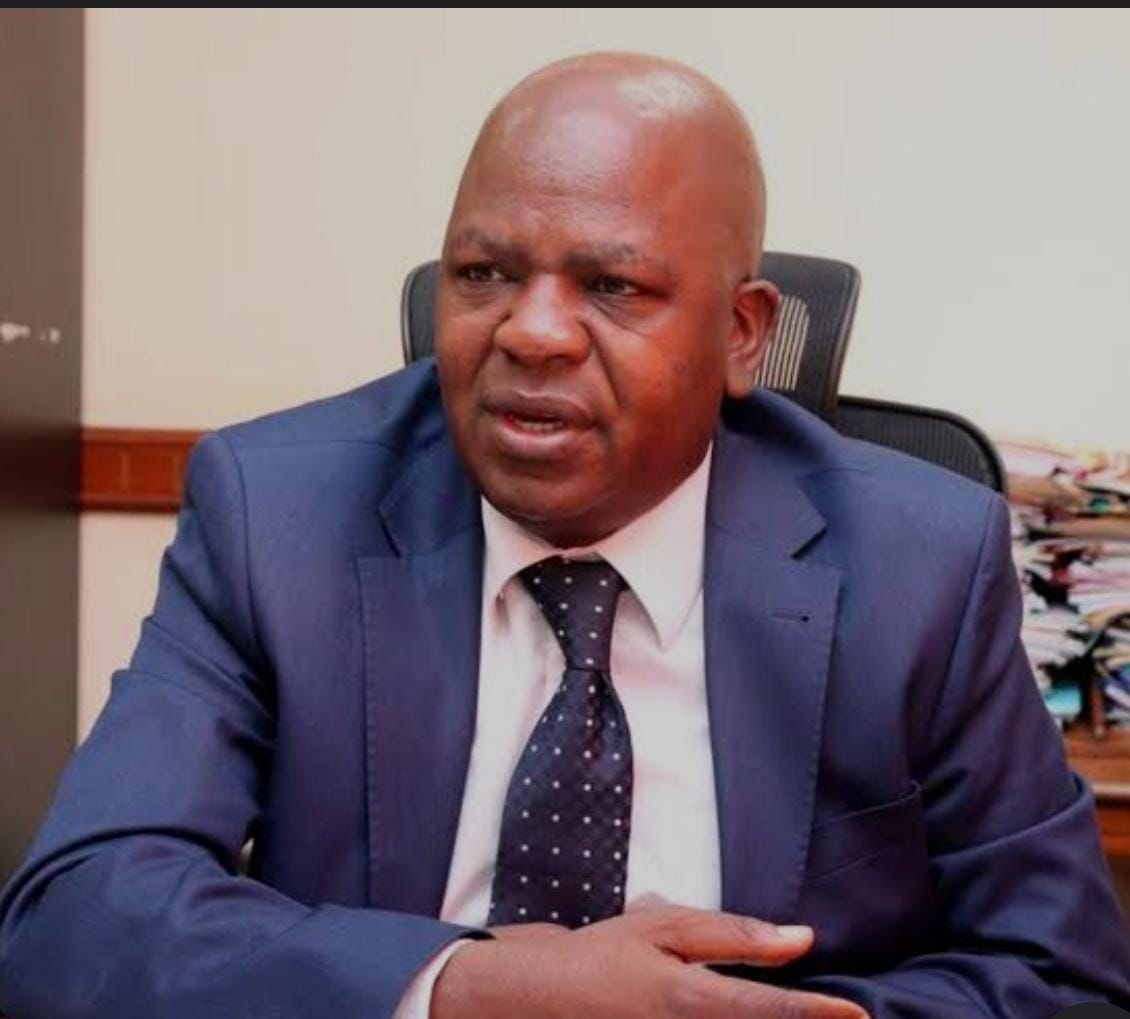
A fresh procurement scandal is shaking Kenya Railways, casting a dark cloud over the integrity of one of the country’s most critical infrastructure agencies.
At the heart of the controversy is the Managing Director, Philip Mainga, who is accused of using his fiancée as a proxy to unlawfully secure a Ksh88.2 million tender through First Choice General Suppliers Limited.
The contract involved the supply of murram for the rehabilitation of the Nanyuki Railway Line—a flagship project under the government’s railway revival initiative.
However, the procurement process behind the award is now under serious scrutiny.
The key figure linked to the tender is Penninah Patricks, an associate of controversial businesswoman Judy Jepchirchir who has herself been entangled in multiple high-profile scandals, including an ongoing investigation into a fraudulent Qatar jobs scheme that defrauded hundreds of Kenyan youth.
In a recent High Court ruling, the state was allowed to seize luxury cars and properties linked to Jepchirchir.
According to procurement requisition No. 03753b, the Nanyuki project was allocated Ksh150 million, five times above the Ksh30 million ceiling for restricted tendering as per Section 102(1)(b) of the Public Procurement and Asset Disposal (PPAD) Act, 2015.

Despite this legal threshold, the tender was curiously issued through restricted tendering a method reserved for urgent or highly specialized procurements.
Internal project records reveal no evidence of urgency or technical complexity that would justify bypassing open competitive bidding.
Procurement timelines further compound the irregularities.
The tender was floated on February 21, 2020, closed by March 6, evaluated by March 10, and awarded in a contract signed on May 4. However, the contract’s effective date was backdated to March 31—a red flag procurement experts describe as “deeply suspicious.”
Out of 12 firms invited to bid including Neral Holdings, Wilfak Engineering, and Zescon Construction First Choice General Suppliers emerged the winner, despite lacking a proven track record in railway infrastructure.
Investigations have now traced links between the firm and Mainga’s long-term romantic partner, fueling speculation that the tender may have been orchestrated for personal enrichment.
The Ethics and Anti-Corruption Commission (EACC) has since launched a preliminary inquiry, with investigators reviewing procurement files, contract documents, and company ownership records. Calls for Mainga’s suspension have intensified as the probe gains momentum.
“This is a textbook case of abuse of office and proxy tendering,” said a senior EACC official familiar with the matter, speaking on condition of anonymity.
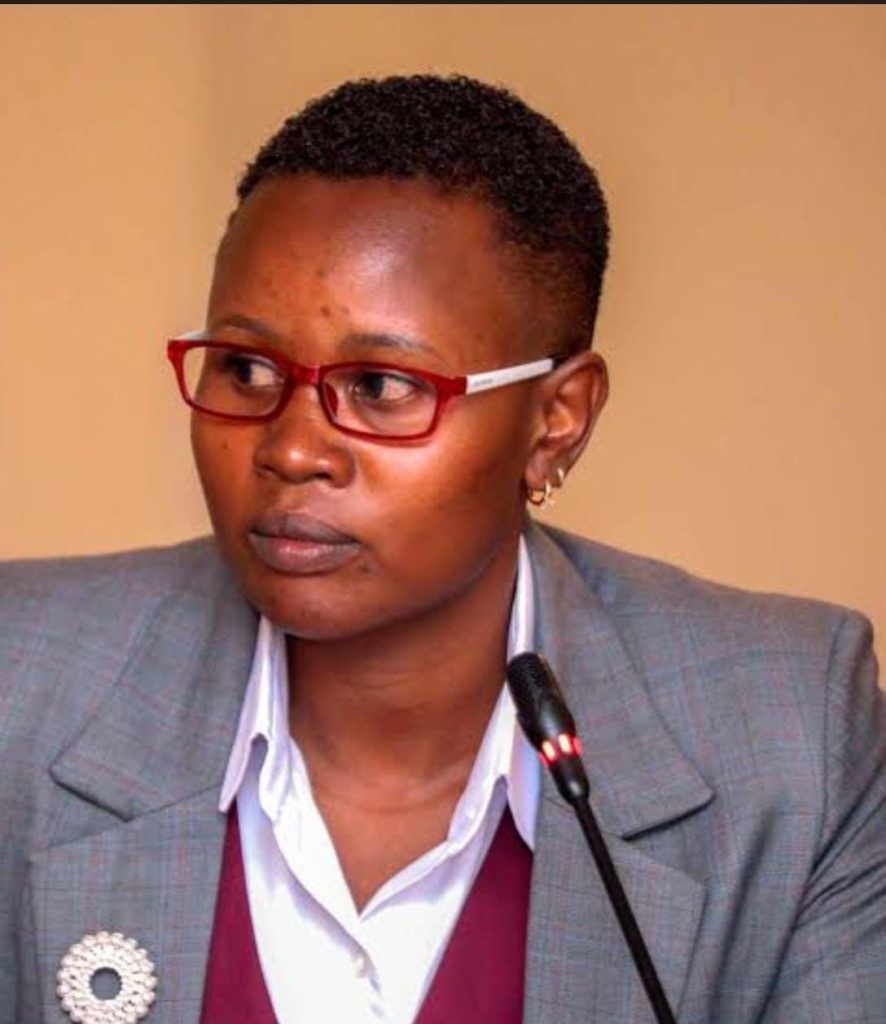
If confirmed, the case would join a growing list of instances where public officials allegedly exploit procurement laws to funnel tenders to girlfriends, spouses, or close associates turning public contracts into private jackpots.
As outrage builds and demands for accountability rise, the scandal has reignited a national conversation:
How many multimillion-shilling tenders have quietly changed hands under the guise of ‘restricted tendering’? And how many were awarded in bedrooms rather than boardrooms?


